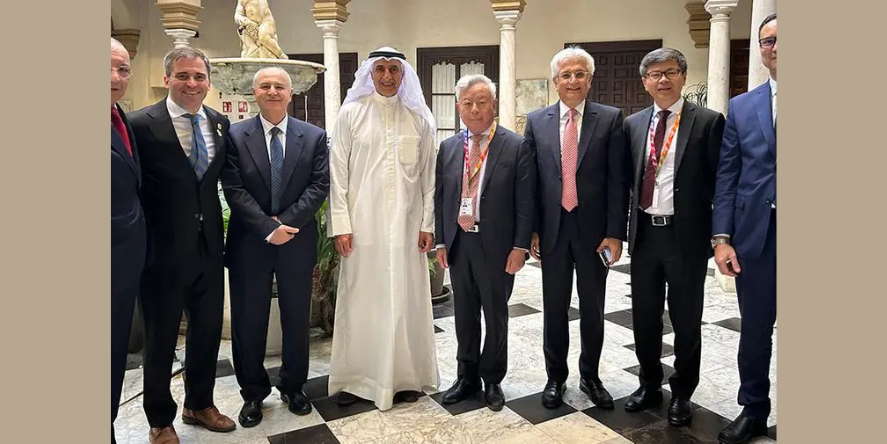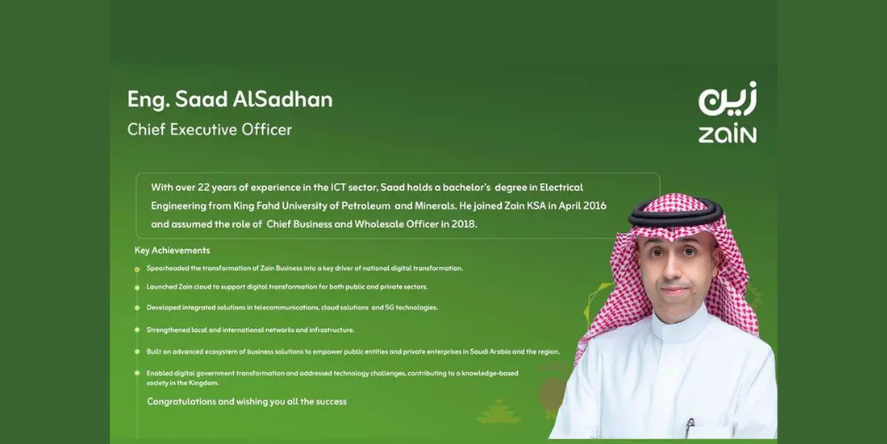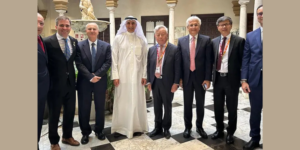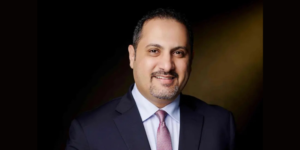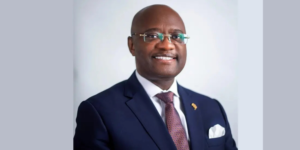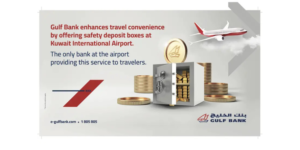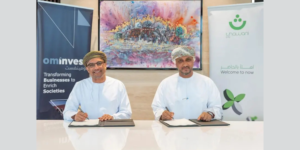Sustainable investments –including socially responsible investing (SRI) and environmental, social and governance (ESG) investing – are gaining a foothold in mainstream financial markets. Asset owners and financial intermediaries increasingly seek to finance development that meets present needs without harming future generations. World Bank Group President Jim Kim has emphasized that our organization is well positioned to help institutional investors play a bigger role.
Globally, sustainable investments grew by a quarter over the last two years, to $23 trillion, according to the Global Sustainable Investment Alliance. This is around one-quarter of professionally managed assets globally.
The focus of ESG investing has been on equity markets – given its roots in corporate governance and engagement, and with information most readily available on listed companies.
In recent years, however, ESG has spread to other asset classes, in particular fixed income. Global bond markets have a market capitalization of about $90 trillion, higher than listed equities. Bonds also constitute a substantial proportion of institutional investors’ portfolios. In 2017, pension funds of the seven largest markets had an allocation of 27% in fixed income, about $11 trillion of $41 trillion total assets. In Japan, the allocation was twice as high, at 56% (Willis Towers Watson, 2018). Integrating ESG investing into fixed income holdings is thus key to redirecting substantial capital to sustainable investments.
And this integration isn’t just for the green bond market. Corporate bonds are catching up fast with equity investments in integrating ESG factors – including more active engagement with issuers of debt. Other fixed income asset classes, such as sovereign bonds, private debt, or securitized products, have farther to go.
A growing body of research shows that ESG factors are a material credit risk for fixed income investors. Evidence suggests that incorporating ESG should be part of their overall credit risk analysis and that this actually contributes to more stable financial returns for these investors.
Leading investors are going even further, making ESG not just an aspect of risk and return, but merging it with impact investing. This includes measuring the impact of portfolios on targeted environmental and social outcomes, including the Sustainable Development Goals (SDGs).
Various methods for applying ESG are being adopted by institutional investors: from purchasing labelled (green, social, or sustainable) bonds and setting up or investing in ESG/SRI funds; to following ESG indices; to hiring ESG managers; to embedding ESG across their whole investment process. This can be done by following the in-house methodology of specific service providers or by customizing products with the institutional investor’s own philosophy and goals.
Yet many investors still find implementing ESG a challenge – particularly for their fixed income portfolios. There are still no standard definitions of ESG – with diverse views especially in the social area. Data – though improving and from increasingly diverse sources – is still wanting, particularly in emerging markets.
Other issues for fixed income include how to pursue engagement with issuers (particularly sovereigns), the role ESG plays in credit ratings and indices, the lack of choice of these vs. in the equity space, and a dearth of ESG-focused products. There are also challenges in the green bond markets, with demand outstripping supply.
To examine these challenges, in October 2017, the World Bank Group and Japan’s Government Pension Investment Fund (GPIF) announced a joint research program to explore solutions for integrating sustainability considerations into fixed income portfolios. The partners will collaborate on including ESG criteria in investment decisions across different asset classes. Ultimately, the aim is to direct more capital toward sustainable investments.
The GPIF are leading on sustainable investment in Japan, having introduced ESG factors into their equity portfolio in 2017. They seek to do the same with their fixed income holdings, the bulk of their portfolio. The partnership with the Bank Group reflects GPIF’s strategic commitment to advancing integration of ESG into all asset classes of its portfolio.
For the Bank Group, the research contributes to our commitment to maximize finance for development and catalyze more sustainable capital markets. Every project we finance is designed to achieve specific social and environmental impacts. Both the World Bank and IFC are also major issuers of labelled and themed bonds through their Sustainable Development Bonds and other structured products.
But deploying institutional investors’ capital at scale on a more sustainable basis will take more work. As our first joint research report, published this month, suggests three main focus areas :
- Continuing initiatives to improve the breadth and depth of ESG data, with further robust research on the impact of ESG factors on fixed income investment.
- Refining standard principles and metrics for applying ESG and impact investing, to allow investors to customize their approach from a robust basis.
- Rolling out more innovative products to accommodate growing demand for fixed income sustainable investments.
We will continue to partner with the GPIF and others in these areas. Our first step will be to make sure that our organization’s wealth of data and analysis on sustainability and ESG is easily accessible to investors in a timely fashion.






